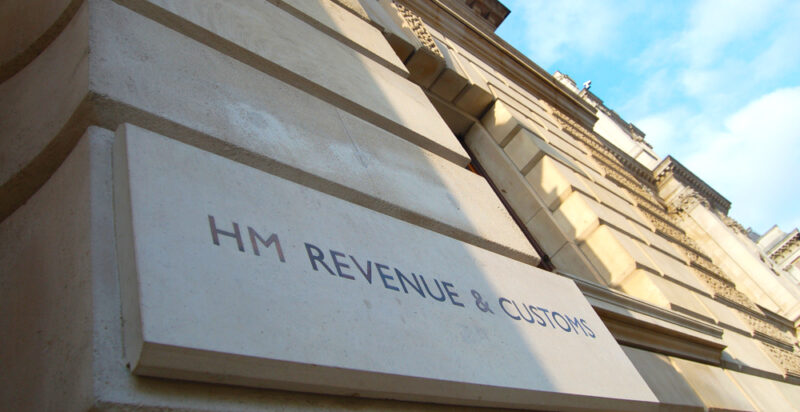The Return & Implications of Crown Preference

What are the forthcoming changes in the law?
The next Finance Bill confirms that HMRC will once again be preferential creditors in respect of certain tax debts in insolvencies.
Which tax debts will be preferential?
The preferential tax debts will be VAT and ‘relevant deductions’ including PAYE (inc. student loan repayments), Employee NICs and Construction Industry Scheme Deductions i.e. taxes effectively collected by the insolvent business/individual from employees and customers on behalf of HMRC.
Penalties or interest arising from the above debts, however, will not rank as preferential. HMRC will also remain an unsecured creditor in respect of taxes directly levied on businesses and individuals such as Income tax, CGT, CT and employer NI.
When do these changes come into effect?
They will apply to any insolvency proceedings, both corporate and personal, commenced on or after 6 April 2020.
What is the effect on employees and lenders?
HMRC’s preferential status will be ‘secondary’ i.e. they will still rank behind employees in respect of arrears of wages up to £800, holiday pay and unpaid pension contributions.
In terms of lenders, HMRC will move ahead of floating charge holders but remain behind fixed charge holders.
What might these changes mean for small businesses?
Will this mean that the Crown will offer more time to pay agreements in order to help legitimate businesses overcome bumps in the road knowing that they are more secure if they eventually fail?
Or (a more cynical question), is the Crown gearing up for the fall out from Brexit / another recession (or both)?
We have spoken to a representative of Market Invoice Finance regarding the changes from a lender’s perspective who commented as follows:
“There will be more underwriter scrutiny on the liquidity positions of small businesses relative to their current and future HMRC liabilities.
More businesses will be pushed into higher lending risk bands, as they would in any scenario where there is a preferred creditor.
This change in policy effectively downgrades all secured and unsecured creditors – the result will be more restrictive lending and/or higher rates at the bottom end of the market.”
If you have any questions or thoughts regarding these forthcoming changes then, as always, we will be delighted to hear from you.



